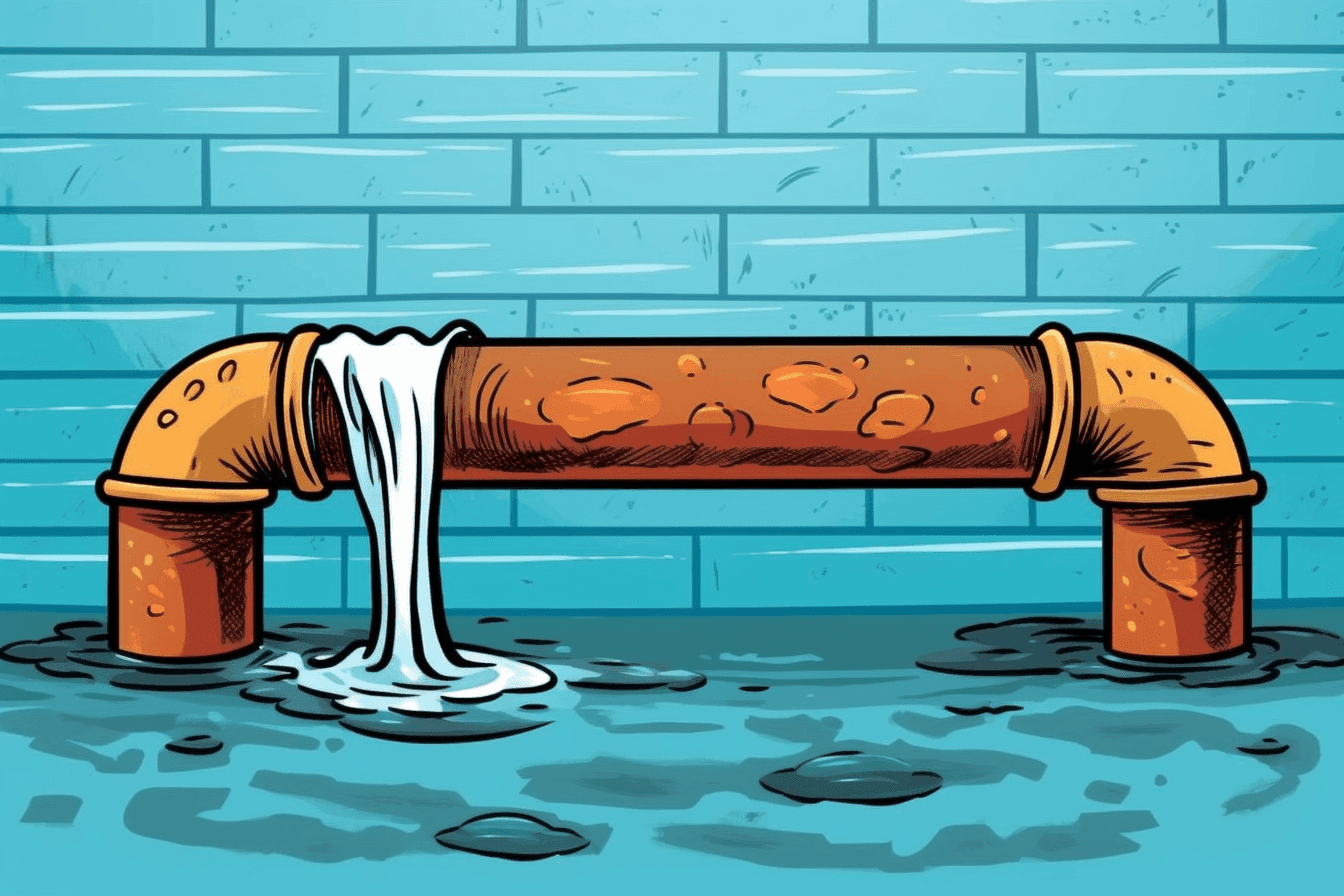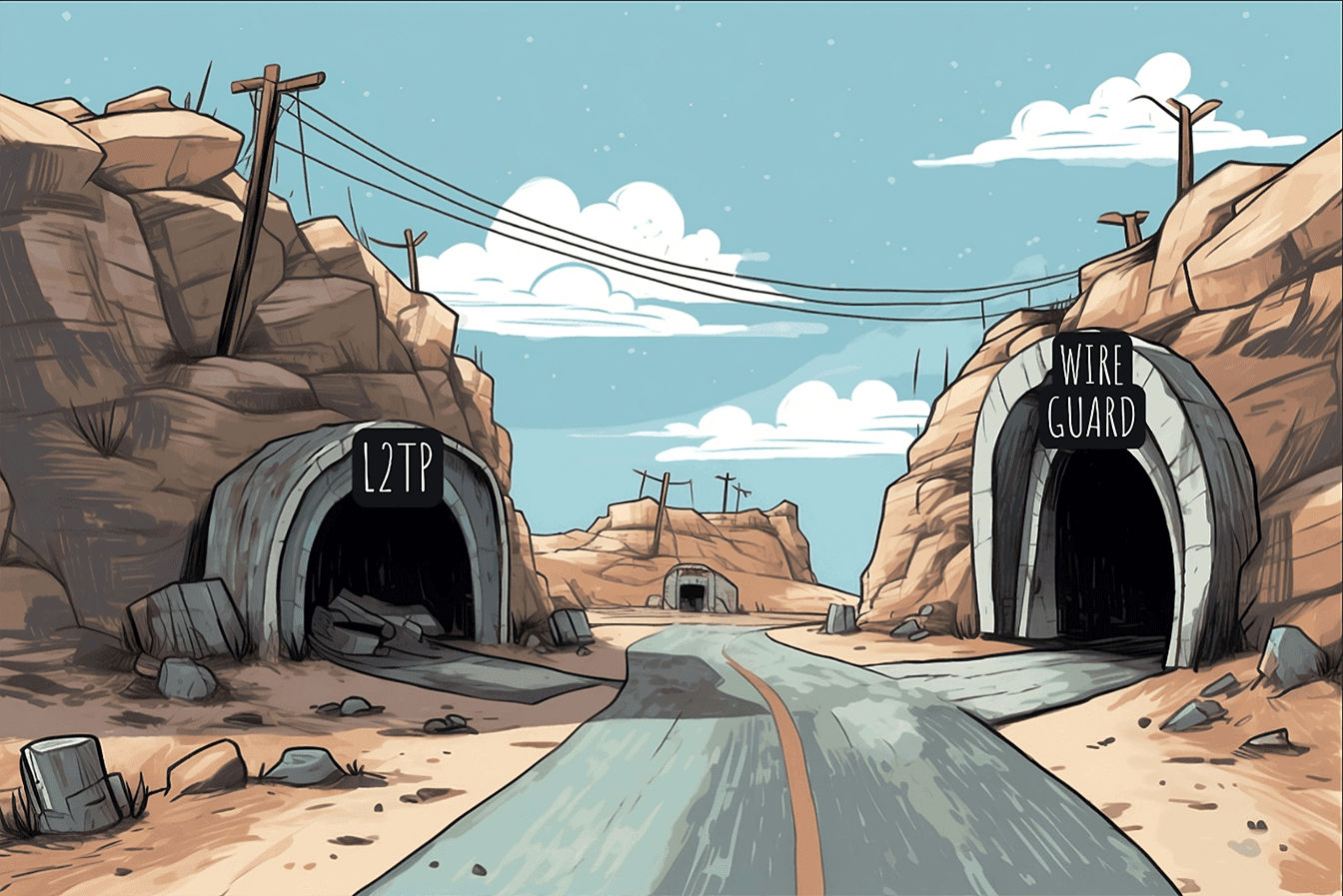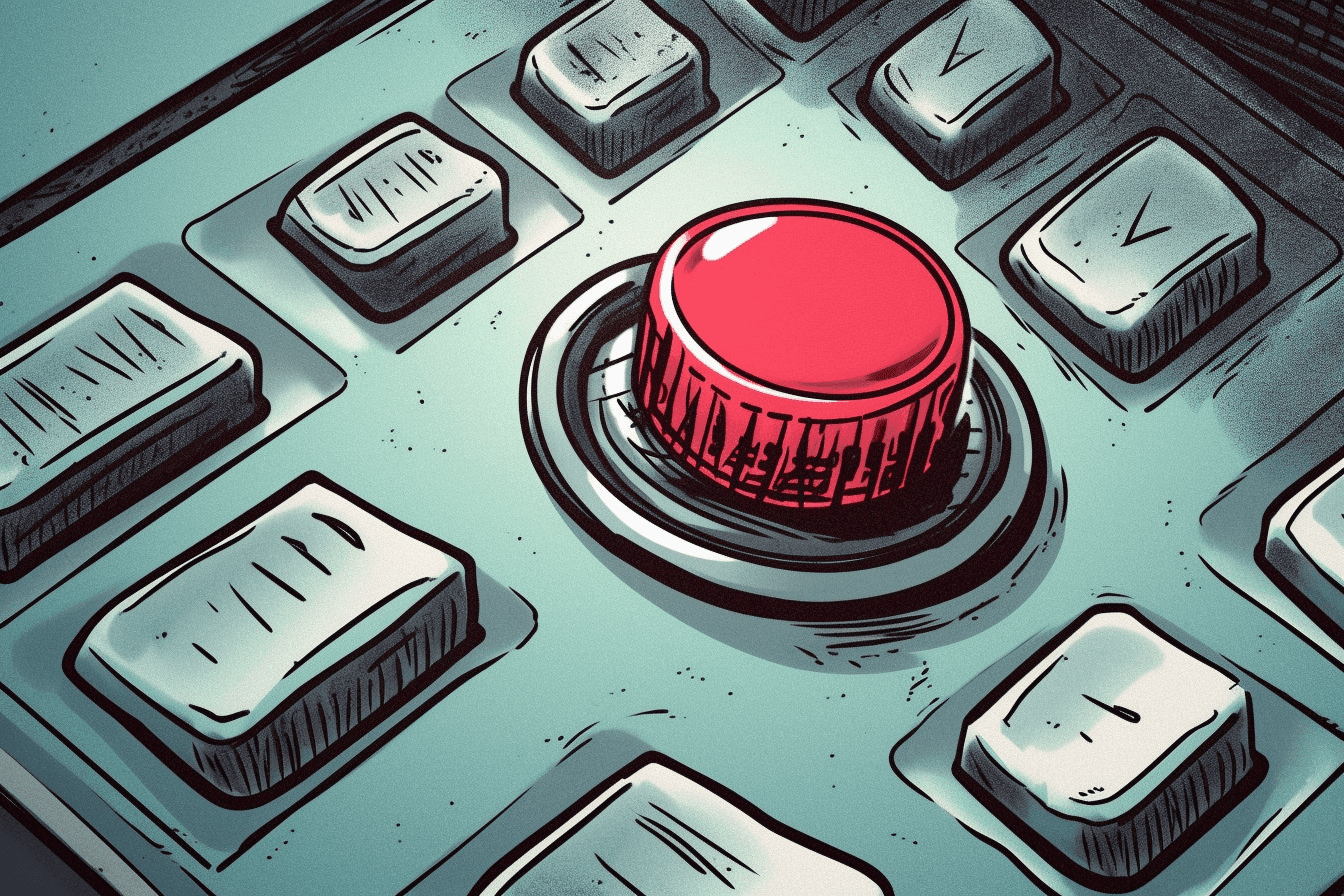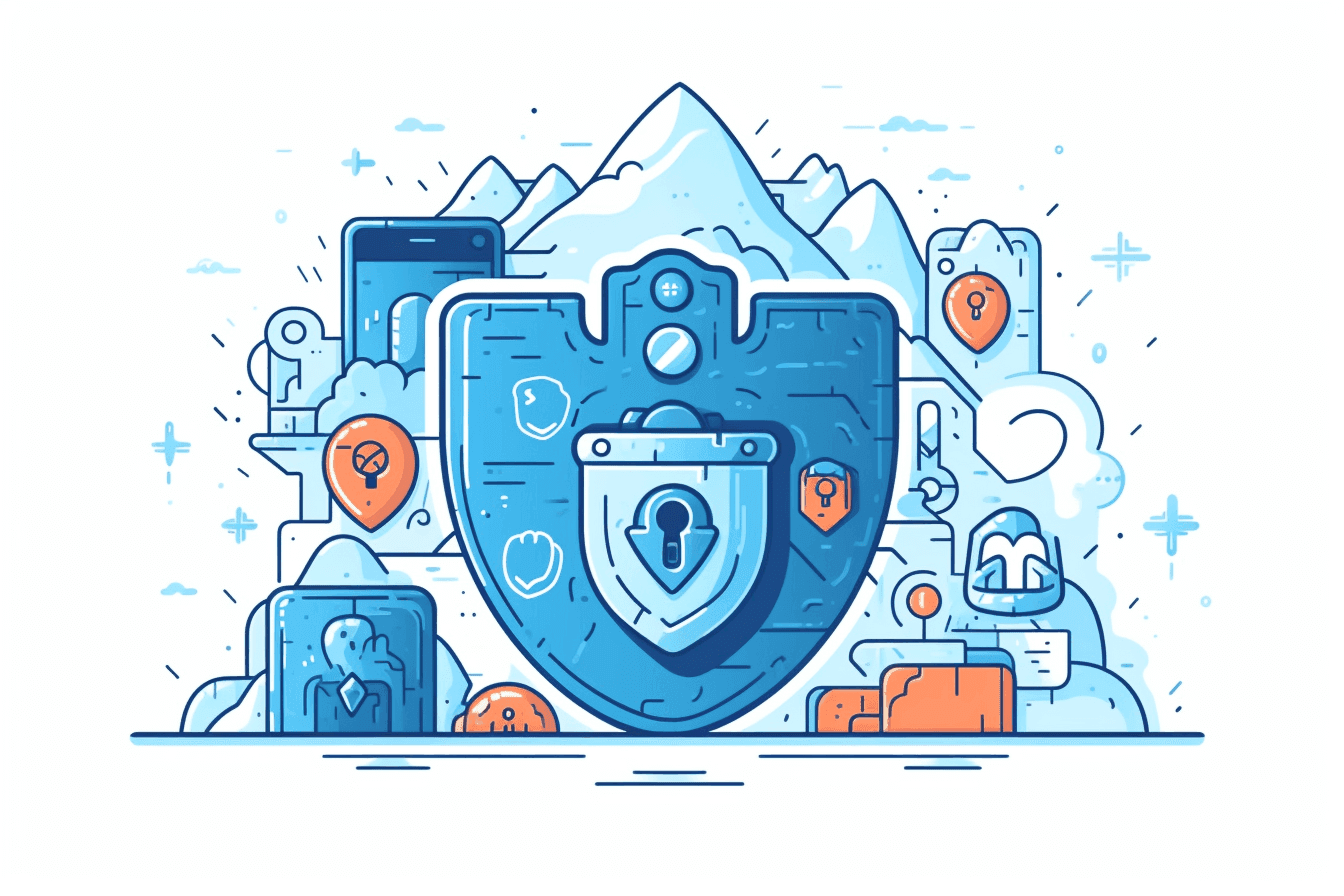We all resort to VPNs for that added layer of privacy they offer in our online explorations, entrusting them with the job of keeping our browsing activities under wraps. However, even the seemingly foolproof shield of a VPN can have its own chinks. An improperly configured VPN can betray some crucial metadata about your online trail, such as the domains you visit and the timestamps of your visits, courtesy of a vulnerability known as a DNS leak.
In this article, we aim to unravel the details of DNS leaks - what they are and how they could potentially turn your private browsing sessions' metadata into open books. More importantly, we will venture into the various strategies to mitigate the risks associated with DNS leaks while using a VPN. The goal is to ensure that your online adventures remain private and secure, just as you intended when you opted for a VPN.



